Sir Bruce Keogh: More than a thousand doctors demand resignation of NHS Medical Director
Sir Bruce allowed Jeremy Hunt to have final sign-off on a letter he sent to the doctor’s union warning of the effects of a doctor's strike

Your support helps us to tell the story
From reproductive rights to climate change to Big Tech, The Independent is on the ground when the story is developing. Whether it's investigating the financials of Elon Musk's pro-Trump PAC or producing our latest documentary, 'The A Word', which shines a light on the American women fighting for reproductive rights, we know how important it is to parse out the facts from the messaging.
At such a critical moment in US history, we need reporters on the ground. Your donation allows us to keep sending journalists to speak to both sides of the story.
The Independent is trusted by Americans across the entire political spectrum. And unlike many other quality news outlets, we choose not to lock Americans out of our reporting and analysis with paywalls. We believe quality journalism should be available to everyone, paid for by those who can afford it.
Your support makes all the difference.More than a thousand doctors will call on the Medical Director of the NHS to resign over allegations that he let the Department of Health “sex up” and “sign off” on a letter warning of the risks to patient safety of strike action.
The Independent has revealed details of emails between officials in the Department of Health and Professor Sir Bruce Keogh, Medical Director of NHS England, that showed Sir Bruce allowed Jeremy Hunt, the Health Secretary, to have final sign-off on the letter he sent to the doctor’s union.
The emails also showed that the letter, which was released to the media, went through a number of revisions to ensure concerns about the possible impact of a major incident – such as a Paris-style attack – during the strike were made as “hard-edged” as possible.
They also showed Mr Hunt only agreed that Sir Bruce would not be asked to speak to the media on the day the strike was declared “so long as” his letter reiterated his opposition to strike action.
Doctors have written to Sir Bruce calling for him to apologise for his “collusion” with the Government and to “take the only decent course of action” and resign.
At the same time, the former health minister Norman Lamb, who worked with Sir Bruce and Mr Hunt in Government, called for a Cabinet Office inquiry into the emails, which he said raised “serious concerns about potential political interference”.
He said: “In cases like this, it is crucial to establish who had involvement in something that risks further damaging the Government’s relationship with junior doctors.”
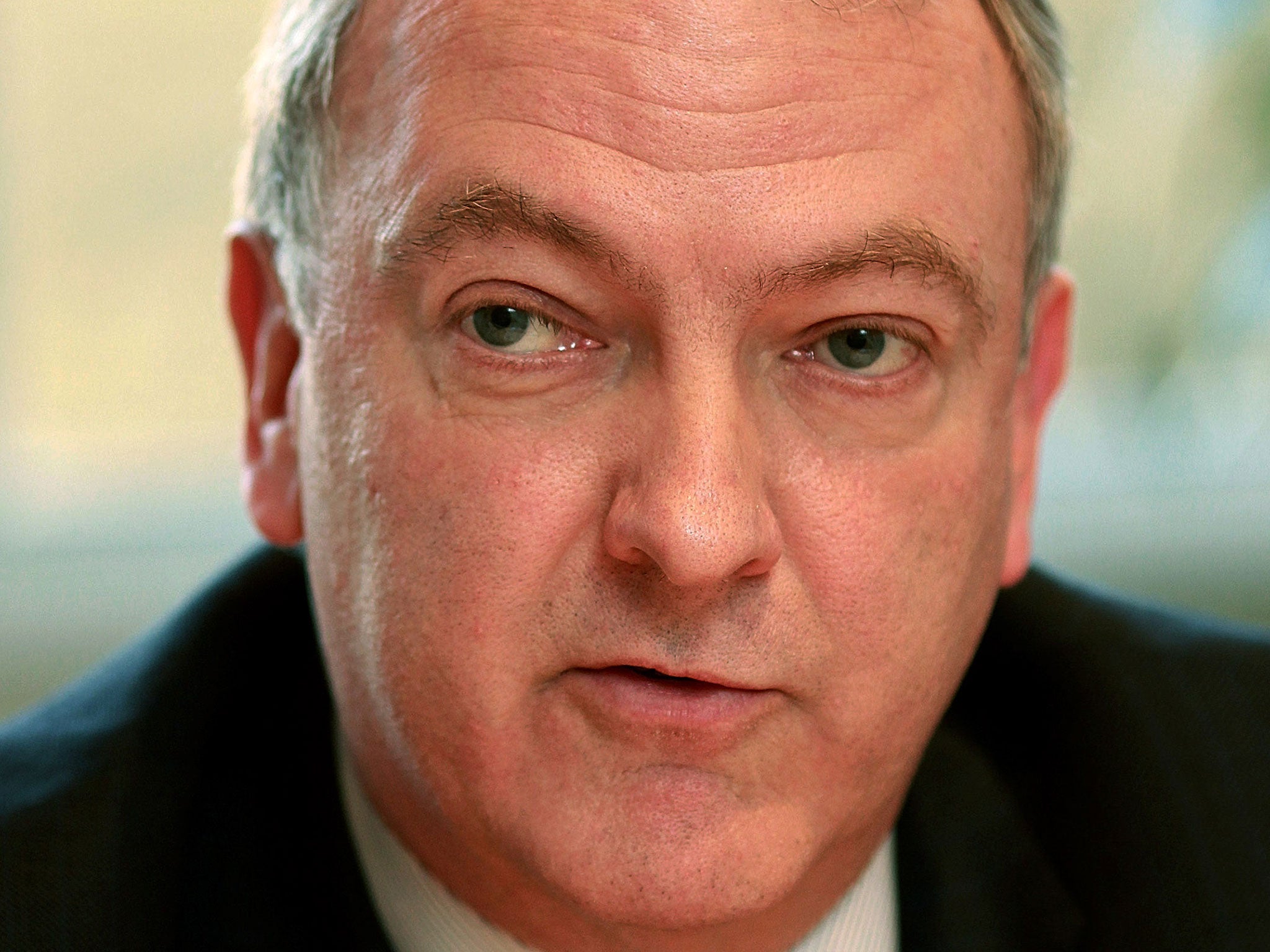
In their letter, passed to The Independent, the doctors point out that Sir Bruce wrote his letter just days after the terrorist attacks in Paris which led to the loss of 130 lives.
“You implied that, were a similar event to occur during junior doctors’ industrial action, we might not return to work to help the victims, an insinuation we found deeply offensive,” they write.
“Moreover, your use of the tragic events in Paris for political ends was, we felt, disrespectful of those who lost their lives, and wholly unbecoming of a senior medical leader.
“Imagine now our dismay in discovering that you engaged in covert crafting and recrafting of this letter with Whitehall officials, in order to ensure the final product was as “hard-edged” as possible.
“Do you really feel that we, the country’s junior doctors, deserve to be attacked – with your permission – by the full force of the Government’s spin machine? To have the public’s trust in us put at risk by the Government’s actions?”
The doctors add that as the Medical Director of NHS England, “a supposedly independent body”, Sir Bruce’s conduct “should transcend political agendas”.
“It should not fall upon us, the junior doctors you purport to lead, to have to remind you of your own professional and ethical duties as a doctor. However, since your conduct in this matter clearly falls short of those obligations, may we reiterate that the GMC expects you to ‘be honest and open and act with integrity’ and, furthermore, to ‘never abuse your patient’s trust in you or the public’s trust in your profession’.”
Meanwhile, Liberal Democrat leader Tim Farron said Sir Bruce and Mr Hunt should both appear before the Health Select Committee.
“Senior advisors and ministers have questions to answer about what has happened over this letter.
“The Government has poisoned the well of relations between junior doctors and NHS bosses. As well as a full inquiry to establish the facts, Sir Bruce Keogh and Jeremy Hunt should also be called to appear before the Health Select Committee.”
Meanwhile, both sides in the dispute over the new junior doctor contract said they thought there was almost no chance of a resolution before the first strike is due to be staged next week.
Despite talks aimed at resolving the dispute taking place at Acas, a BMA source described the prospects of a deal as “infinitesimally small”, while sources in the Department of Health said they saw no prospect on an 11th hour resolution.
“Barring something extraordinary happening, it is going to go ahead,” they said.
NHS England had not responded to a request for a comment at the time of going to press.
The Response: Junior doctors demand resignations
Dr Hoong-Wei Gan, junior doctor, London
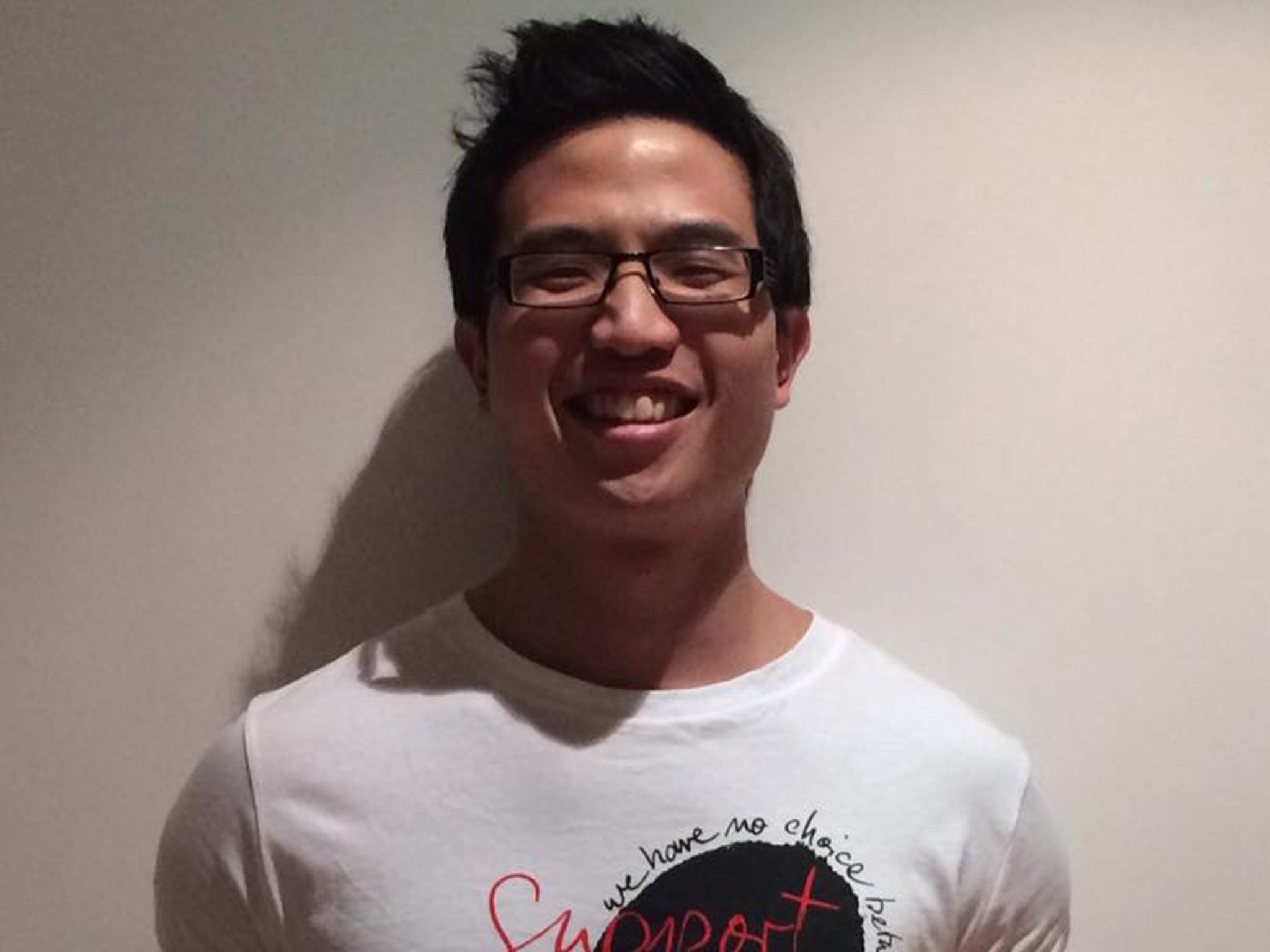
Discovering Professor Sir Bruce Keogh’s complicity with Jeremy Hunt makes me seriously question the credibility of his widely publicised study on increased deaths over weekends, which is now being used to dictate health policy on junior doctor and consultant contracts. The NHS already offers 24/7 emergency care – but further extension of these services needs more doctors and nurses, not overworking the current ones to unsafe levels. One in five paediatric junior doctor jobs at my level are already empty. I’ve never worked on a fully-staffed rota and more of my colleagues are leaving.
Taha Nasser, a junior clinical fellow, Frimley
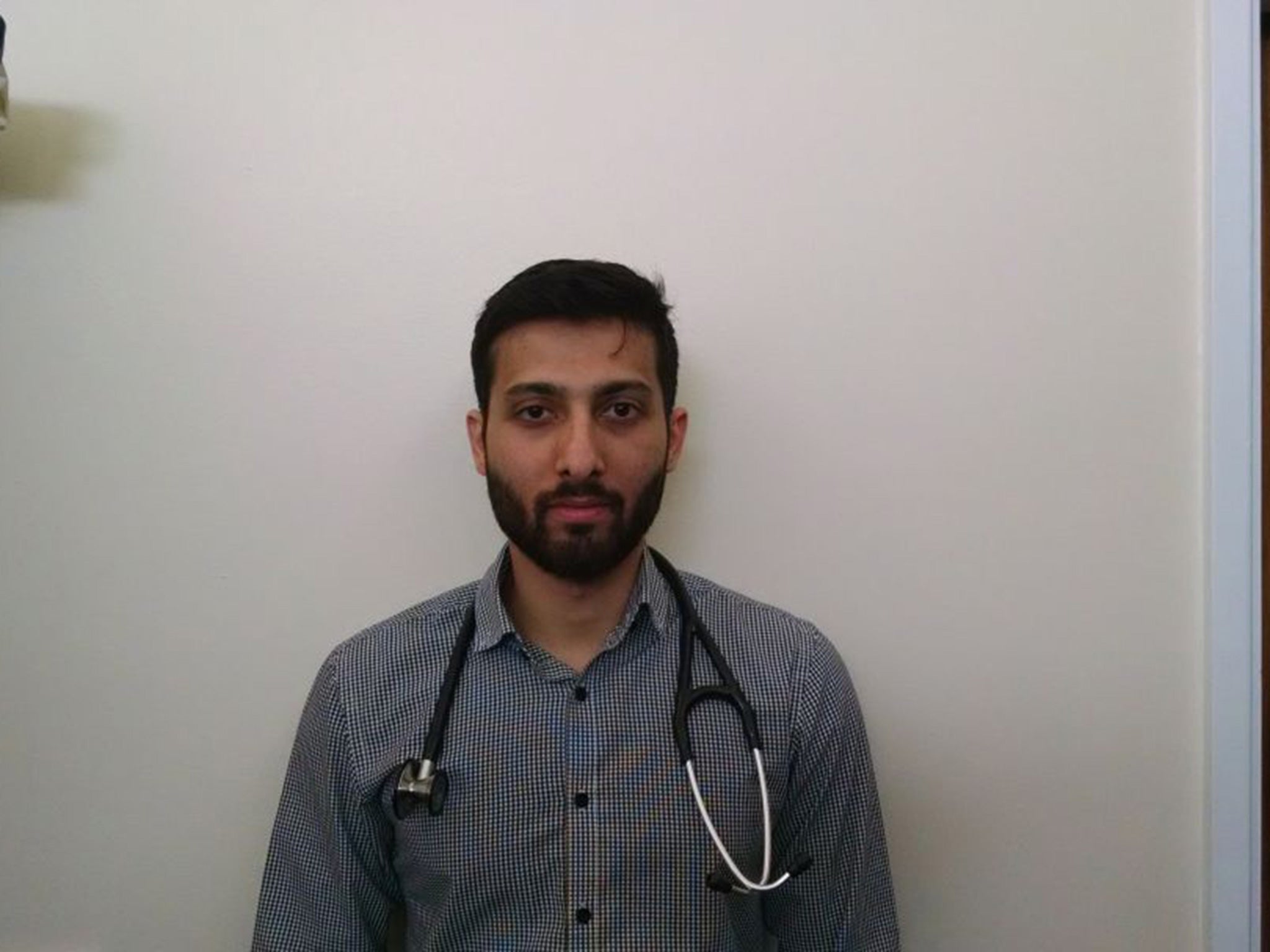
The dismaying but unsurprising revelations give proof to the claim that we junior doctors have been making since this dispute began: that the Department of Health, with Jeremy Hunt alongside Bruce Keogh of NHS England, have been playing politics with the health and wellbeing of the public. We are deeply dismayed that an entrusted government minister and a senior doctor would collude in creating such an offensive document. As such, we no longer feel that either individual can be trusted in their respective roles and call for both of their resignations.
Dr Catherine Nunn, paediatrics
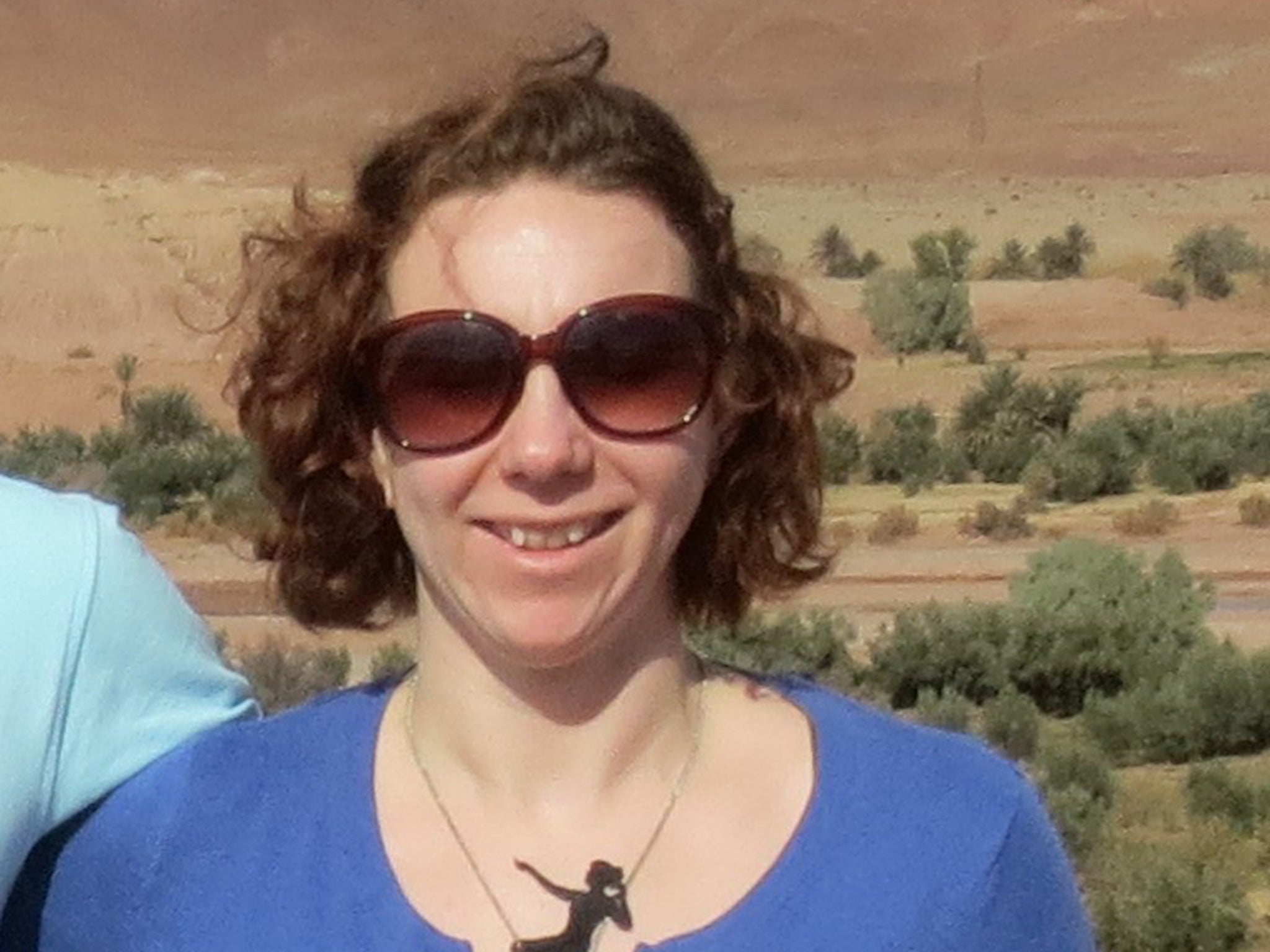
As a doctor and a researcher Bruce Keogh is expected to uphold ethical standards. Knowingly using sensitive and distressing events purely to forward a governmental agenda, especially when he is being paid to give impartial advice to that government, falls well below these standards.
Mr Yezen Sheena, plastic surgery registrar, Cambridge
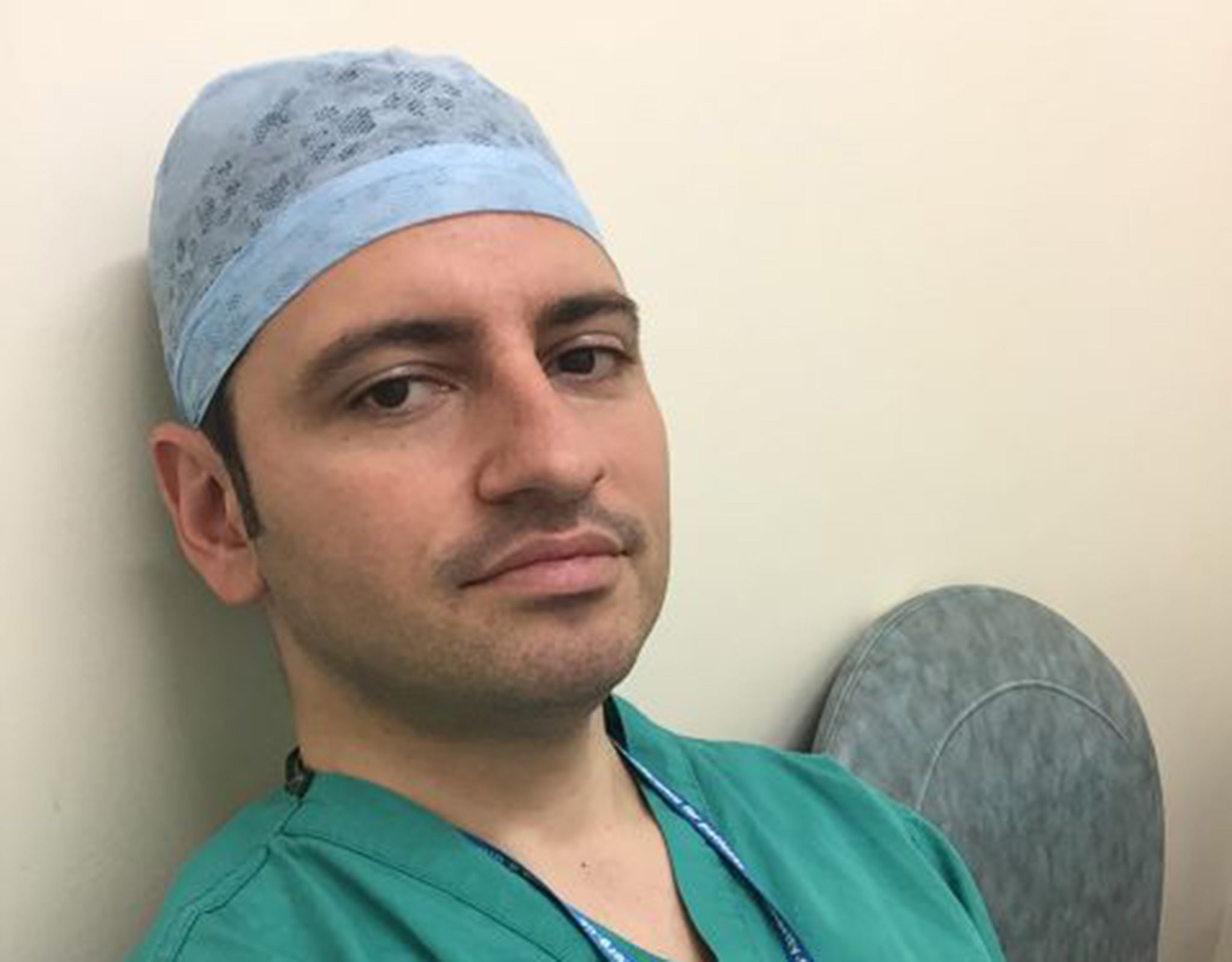
Surely it did not escape Keogh’s notice that, with the majority of doctors picketing just outside their A&E departments, colleagues could easily call a much greater number of back-up in to help in the unlikely event of a terrorist attack than on normal days with chronic under-staffing?
Dr Robert Jay, GP trainee, East Midlands

The role of a medical director is to provide leadership for staff, while the whole point of NHS England was to be an independent organisation. In light of Keogh’s interactions with the Department of Health, NHS staff no longer has faith in him and is justified in calling for his resignation.
Dr Grant Harris, anaesthetic trainee, Liverpool
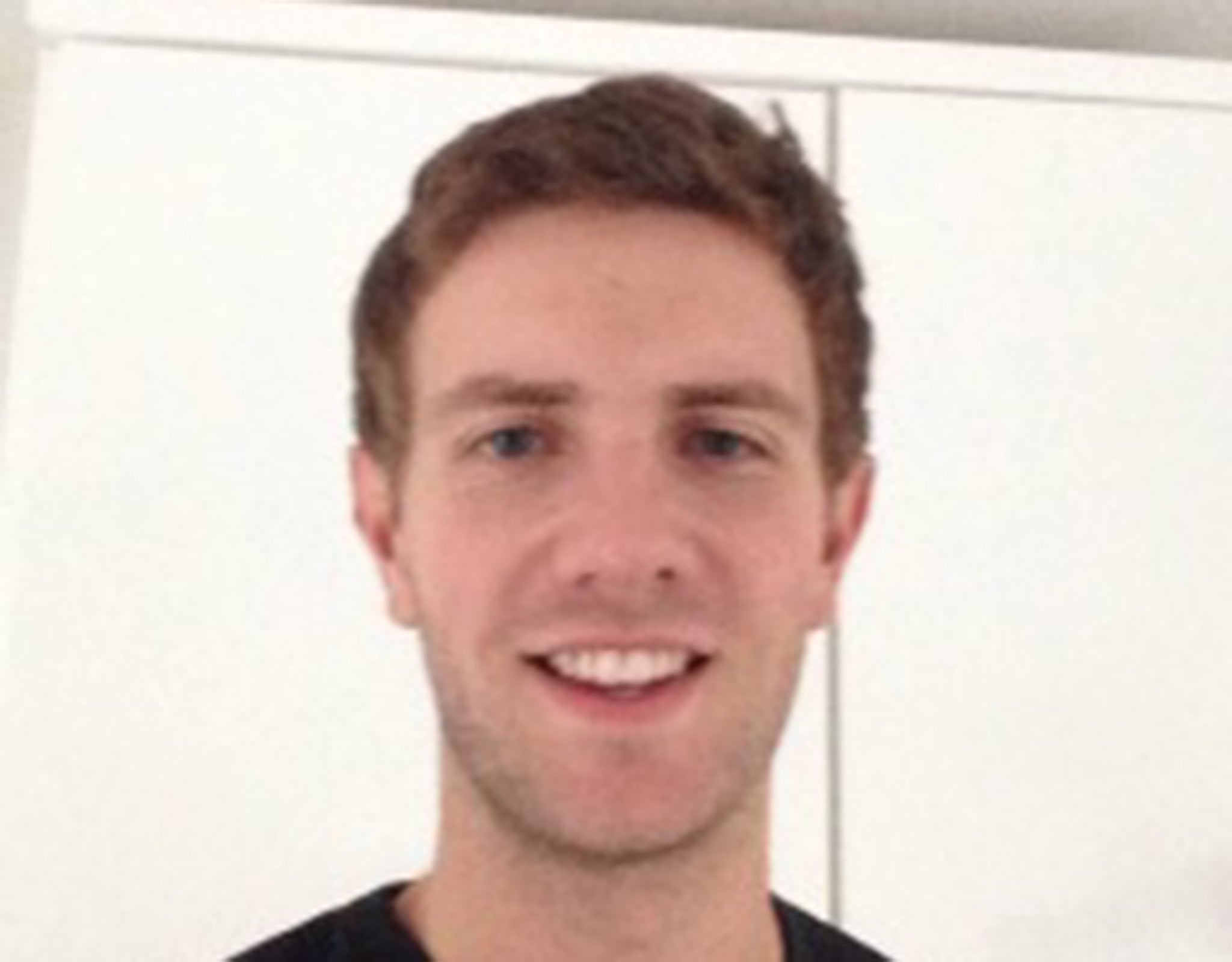
The fact that Sir Bruce Keogh has obviously colluded with the Government when he is supposed to be independent is not only disappointing but also breaks several of the GMC codes of conduct. It is another example of government-influenced spin during the campaign.
Join our commenting forum
Join thought-provoking conversations, follow other Independent readers and see their replies
Comments